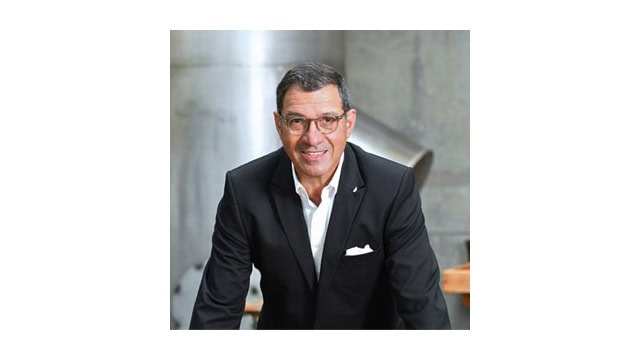‘Surf the Wave’: European Operator Discusses Trends There

Textile Services Weekly recently interviewed Andreas Holzer, managing director of BI Bardusch Holding GmbH, Ettlingen, Germany, about trends in sustainability and how European operators are dealing with the aftermath of COVID-19. Holzer, whose company is a TRSA member, also serves as the elected chairman of the European Textile Services Association (ETSA). Excerpts of our discussion follow.
To what degree has your company’s business recovered from the pandemic?
The Bardusch Group, which operates laundries in six European Union (EU) countries, is back to and over levels of 2019. Our customer mix turned out to be very resilient. COVID helped us to reshape some of our processes, our IT systems were ready and supported the new way of working from day one. The new normal and the present economic global shift might pose new challenges, but the company is agile, and already tackling and anticipating potential issues to continue to operate effectively.
Talking as chairman of the ETSA: As an industry we are all currently living a free tailwind in communication. Hygiene, sustainability in processes and resources, continuity with local supply chains, circularity, as well as textile longevity … Suddenly it is on everybody’s agenda, politically as well as economically. Could we have hoped for more …? These are the core values of our industry. It’s just a matter of how well we are taking advantage of these trends and can ‘surf the wave.’
Is tourism or business travel in your area showing signs of recovery?
Speaking for France, Germany and Switzerland, tourism had a great bounce back this spring, and we expect a record-breaking summer. While business travel is still slow to recover. We reckon that it will take much longer until business travel reaches pre-COVID levels, as the efficiency of video calls is hard to top.
How great an impact is inflation having on your operation, especially energy?
The impact is huge – even having hedged electricity and gas prices, we are forced to review our pricing strategy on a regular basis. This is a difficult situation that is affecting many companies across the spectrum. For this reason, we are monitoring closely the way national governments are addressing the issue, fostering synergies with them when possible.
Are shortages of textiles, machine parts, vehicles or other goods having an impact on your business?
Yes – in growing markets it is hard to keep up with capacity expansion. Lead times of 12 months and longer for vehicles and machines are becoming standard. Fortunately, we have continued our investment activities during COVID, and we are confident enough to open six new laundries within the next 12 months.
Are you able to recruit and retain enough employees to operate your business effectively?
It is definitely harder to find and recruit enough employees. But the situation has calmed down, even for drivers. Keeping efficiency and productivity up helps too. A lot of important work is envisaged to attract new talent and especially a younger generation to work for textile services in the forthcoming years – this will be a priority for Bardusch – and it will be crucial to think out of the box to make our sector more appealing.
